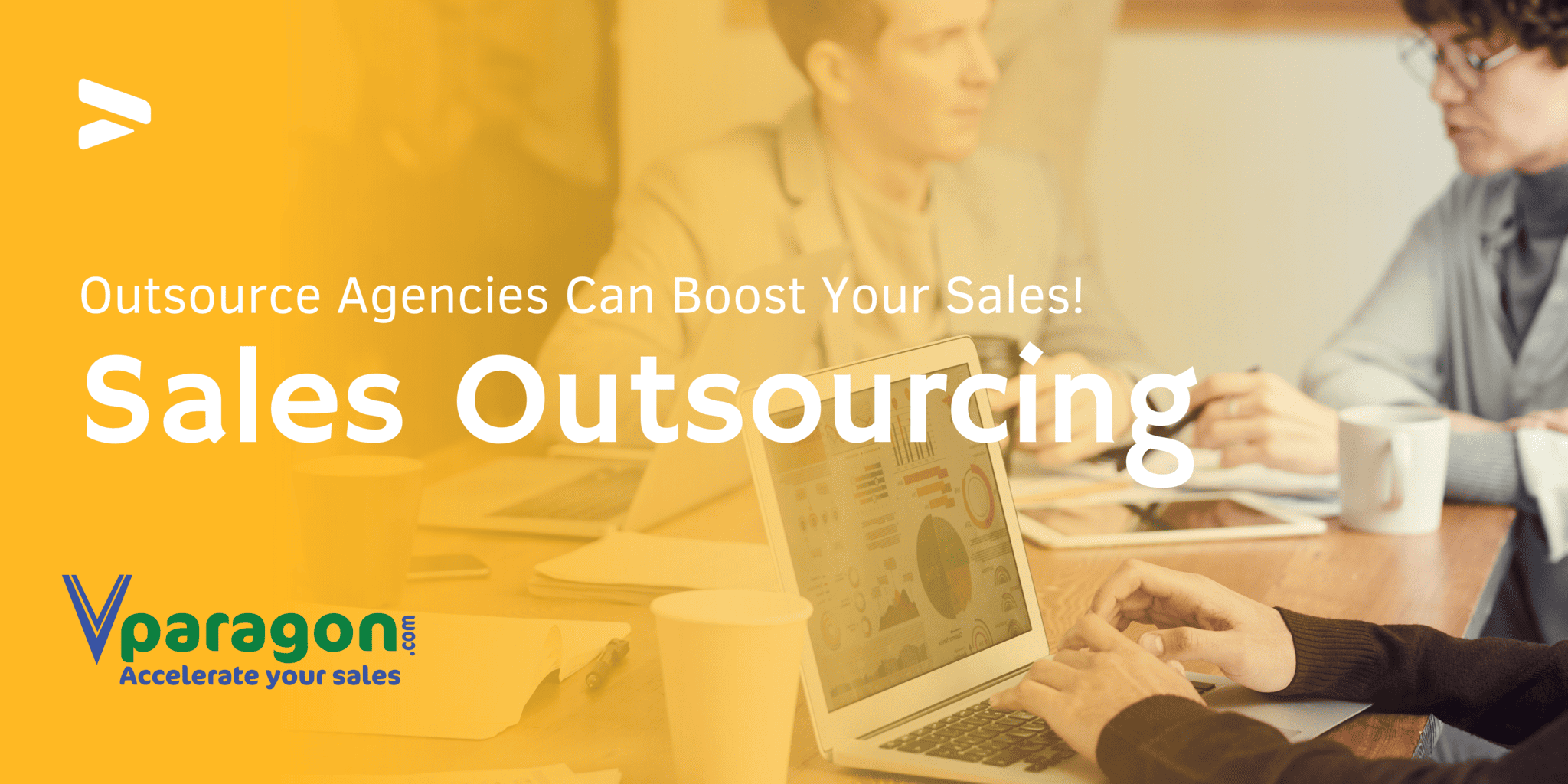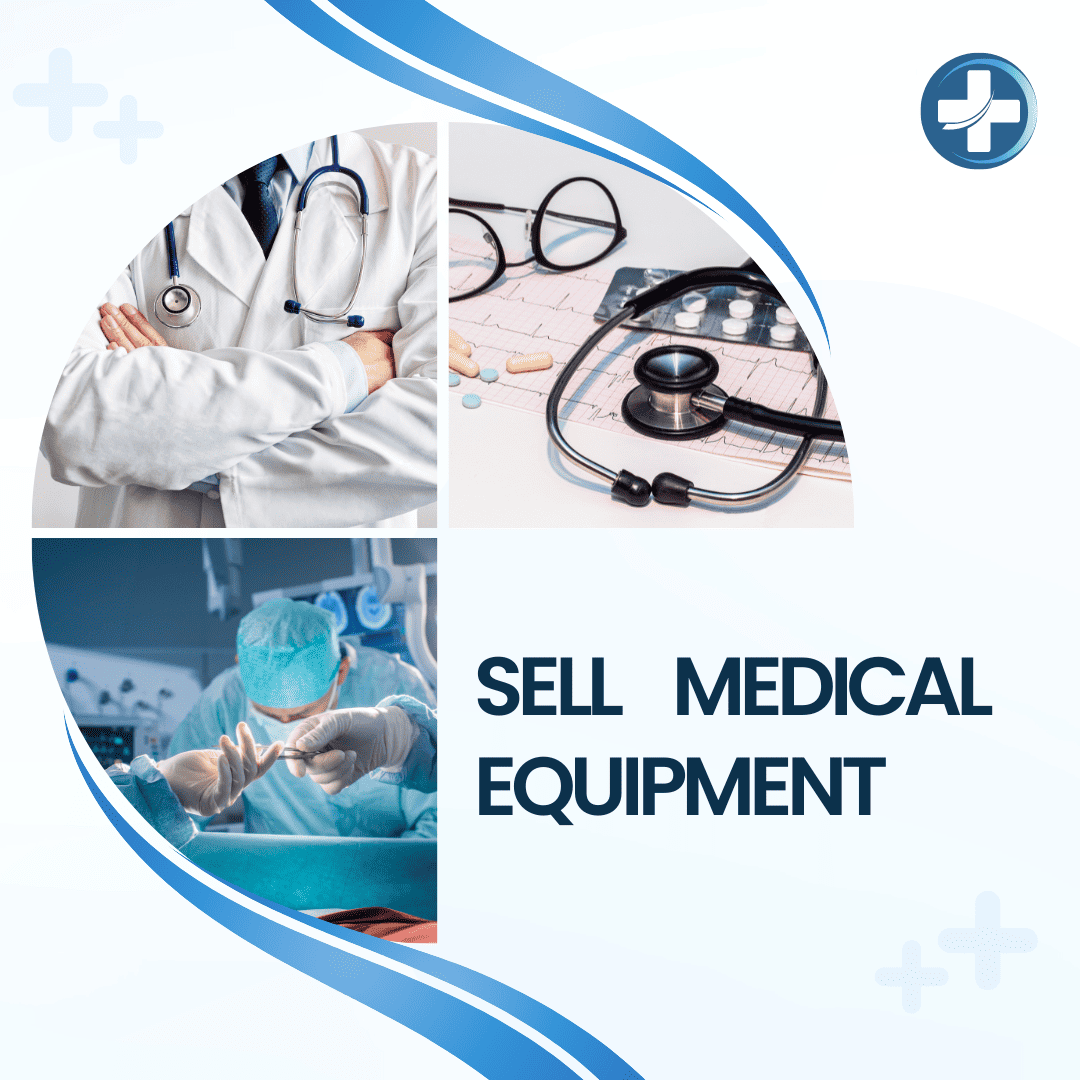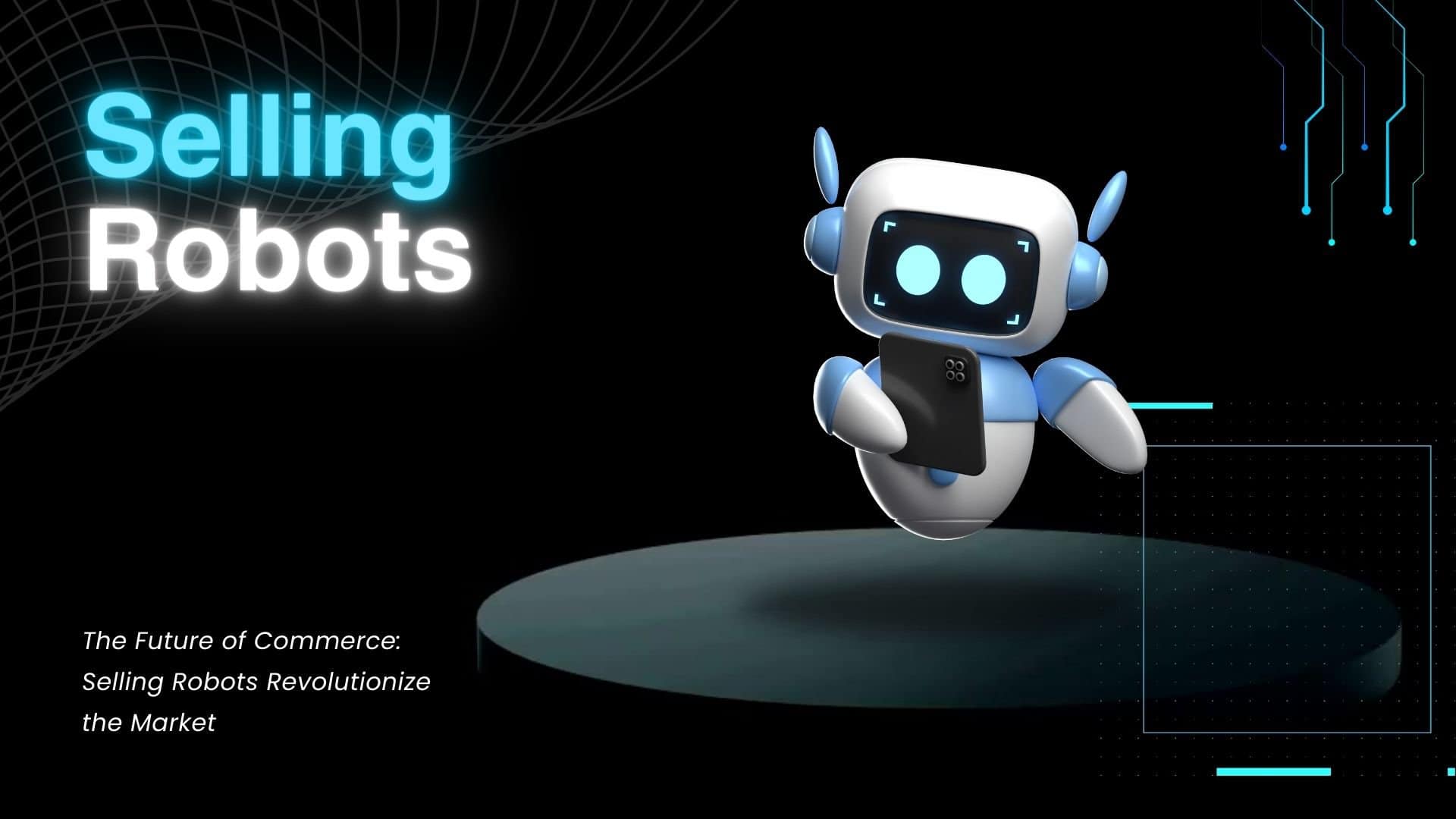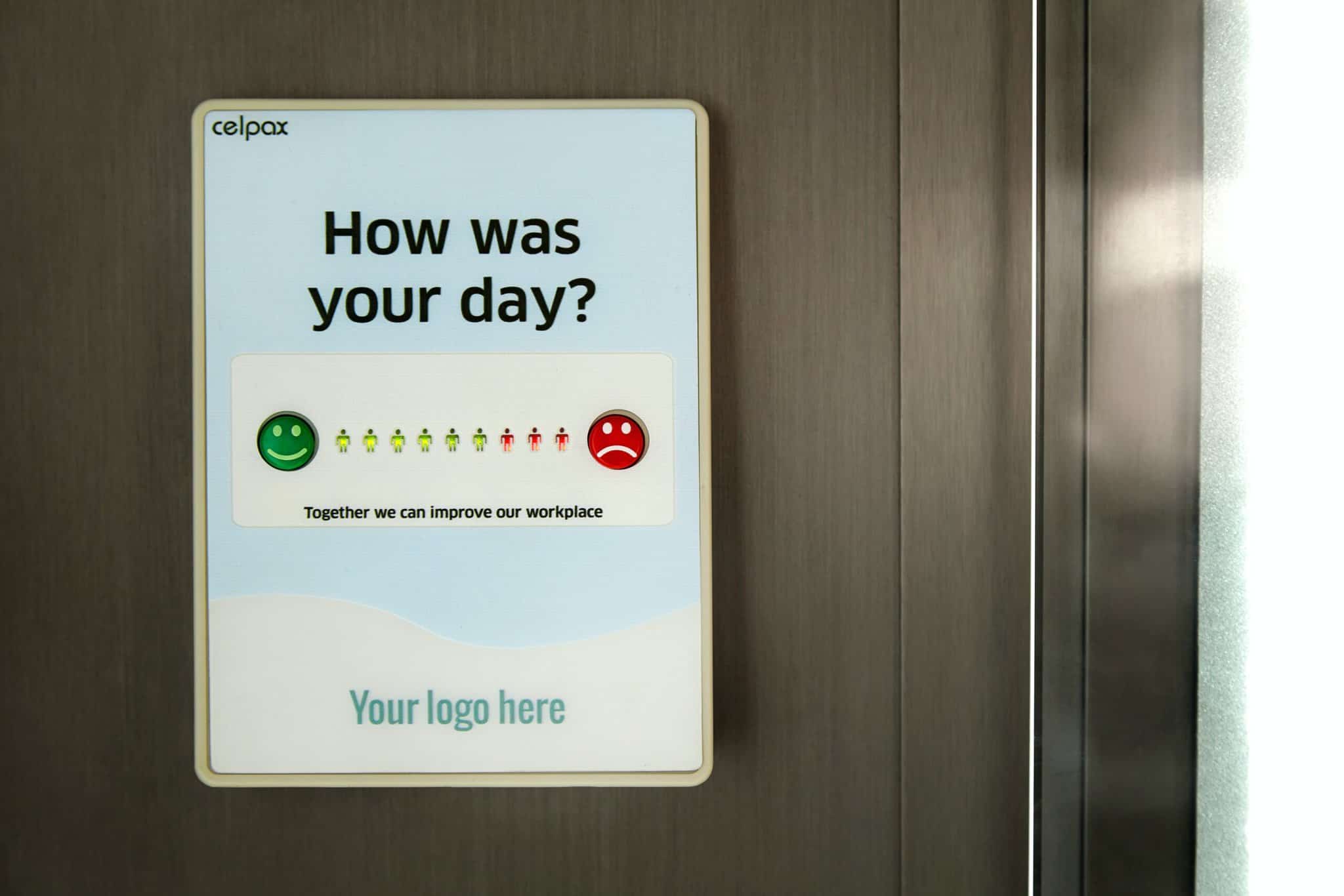Consultative selling or consultative sales, is a technique for reducing the distance between the seller and the buyer. By closing this gap, the relationship evolves into a collaborative effort to solve a complex business problem. Consultative selling aids you in balancing the need to pursue sales with the desire to not pass up possibilities.
This relationship-building, customer-focused sales approach focuses on providing solutions to customers’ problems in order to build trusting relationships with potential customers. You want to let your potential consumers know how much they will value your product or service, but a pressured salesperson always seems more focused on maximizing their own commission than guiding the buyer toward the best decision.
Customers don’t like being pushed into buying something, but they always enjoy the feeling of happiness that comes from doing so. Although it seems easy to do, the implementation might be challenging.
The term “solution-based selling,” which describes consultative selling frequently, is useful for comprehending the methodology’s emphasis. Prior to explaining how the product can alleviate or satisfy the client’s wants, the focus is on the client’s needs and pain points rather than the product or service itself.
A sales strategy called consultative selling, often known as needs-based selling, involves representatives acting more like advisors than salespeople.
Sales representatives provide potential customers with a variety of alternatives based on their needs and pain spots rather than promoting a particular product.
Giving prospects the tools, they need to comprehend their challenges and identify a solution is the main goal of consultative selling. Consultative salespeople are generally regarded as being more trustworthy.
Although it might not result in a direct sale, this relationship-building sales strategy aids representatives in forging bonds with their prospects that might result in subsequent purchases or referrals. Technically speaking, consultative selling entails using a 4-step procedure for both sales and services.
The consultative sales strategy isn’t always necessary, of course. It works best when your consumer has done some preliminary research on items but is unsure which one is best for them.
In this article, we’ll define consultative selling and show you how to include it in your sales plan so you may develop your prospects’ trust, lead them rather than pressurize them, and ultimately succeed in closing more deals.
The first Principle of Consultative Sales is to Do the research
Utilizing the knowledge, you have gained while creating the lead, like with every transaction, is the first step to conducting research. If you are utilizing an automated marketing system, or lead generation system you will already be in possession of a wealth of data, including name, firm, pages visited on your website, email address, possibly the number of employees, and prospective budget.
More significantly, automated marketing will give you a wealth of information on the content your leads are most interested in, which will reveal the needs or questions they are attempting to address.
You might have to start the research phase over from fresh if the lead comes from a referral or another source.
Examine your prospects’ websites, company news sections, LinkedIn profiles, Twitter feeds, and other social media pages.
You will be prepared to take the following step once you have completed your study to the fullest extent.
Ask Questions
Ask open-ended inquiries when speaking with the lead.
You could be tempted to think you know everything there is to know about them now that you have all this specific information about them thanks to your research.
This is incorrect. The idea is to let the lead offer the information on their own initiative as a result of (and in support of) the trust you are developing between the sales rep and the lead.
Ask questions that begin with the terms who, what, where, how, why, and when. The terms Do, Are, You, and Can shouldn’t be used as the first words in inquiries. The yes-or-no responses that these inquiries frequently elicit are precisely the ones you want to steer clear of.
With the help of questions, you may gradually learn more about the lead’s objectives, a potential strategy for achieving them, obstacles to putting them into action, and a timetable for doing so. Find out the person’s authority level as well as their budget before speaking to them. Are they the budget controller, the decision maker, the influencer, or the end user?
If you ask the correct questions, you can learn this information. You should always be asking questions during the consultative sales process.
One of your most powerful sales tools is the question.
Actively Listen to Prospects
Frequently, salespeople will inquire as though they are just doing so because they are “supposed to.”
The salesperson frequently pays more attention to what they will ask next than to what the prospect is saying while they are responding.
Human nature frequently comes up in casual conversation. However, top-tier salesmen perform better.
They reorient their efforts and make the prospect’s problem their primary goal.
And for that, they need to pay close attention to the issue and comprehend it. This calls for salespeople to speak more slowly, listen intently, and focus on the prospect.
Asking insightful questions that demonstrate your focus and want to learn more is another aspect of active listening.
We advise salespeople to use a 3-deep question strategy to get to the root of an issue rather than viewing it at the surface level.
Close the deal
Giving the consumer value is one of the main tenets of consultative selling.
You must be ready to respond to inquiries that have nothing to do with your company’s goods or services as a subject matter expert in your field, and even to offer advice. The consultative selling strategy can only be used after developing trust with the consumer.
You must figure out a method to go above and beyond for your customers if you want to truly wow them. You can quickly establish a favorable impression in the lead’s eyes and demonstrate your knowledge if you keep your attention on helping them no matter what.
If they believe in you, they will buy from you and perhaps even tell a friend about your offering.
A thorough lead qualification procedure will make sure that the closing process is manageable one. If done well, it ought to seem natural to the client and you as a conclusion.
Try to use your potential clients’ terminology to encourage them to act sooner and evoke an emotional response, according to a key suggestion frequently given by seasoned salesmen.
By the time you get to the closing stage, you will be aware of the buttons to push to elicit a positive response from your leads.
A strong client focus throughout the entire process is essential to consultative selling success. With that emphasis, the buyer feels helped in finding a solution to their problem, and the vendor earns a devoted, long-term client.
Vparagon sales professionals use the 4-step buyer-focused, consultative sales training methodology to close deals from all over the world and in a vast array of industries.
The consultative sales training program enables our salespeople to build relationships with customers and explain the benefits of their goods and services, helping clients overcome problems while generating more income for the rep.








